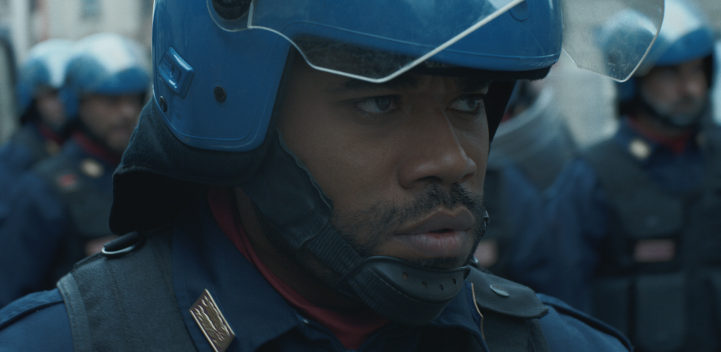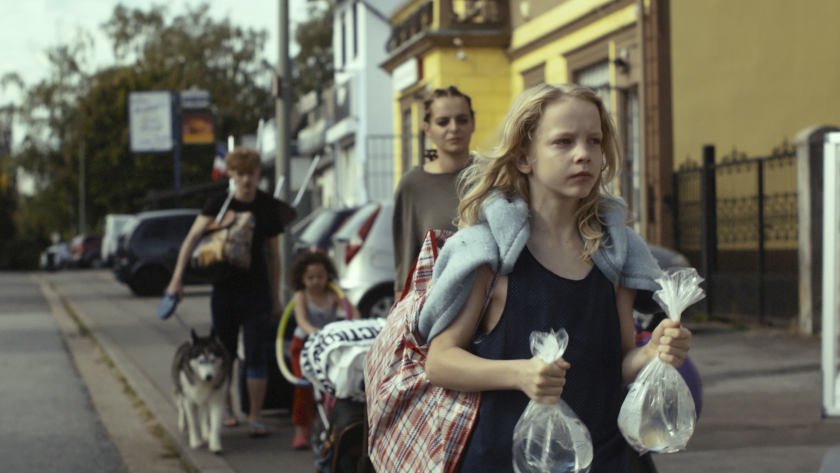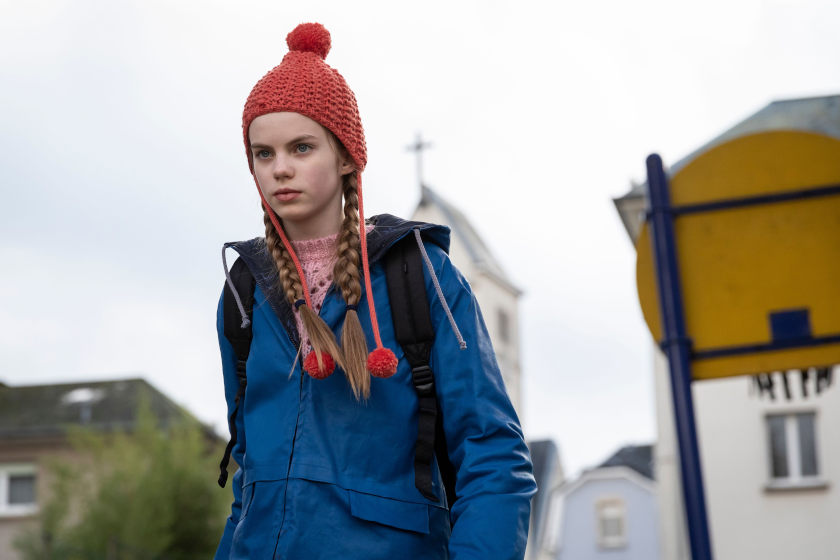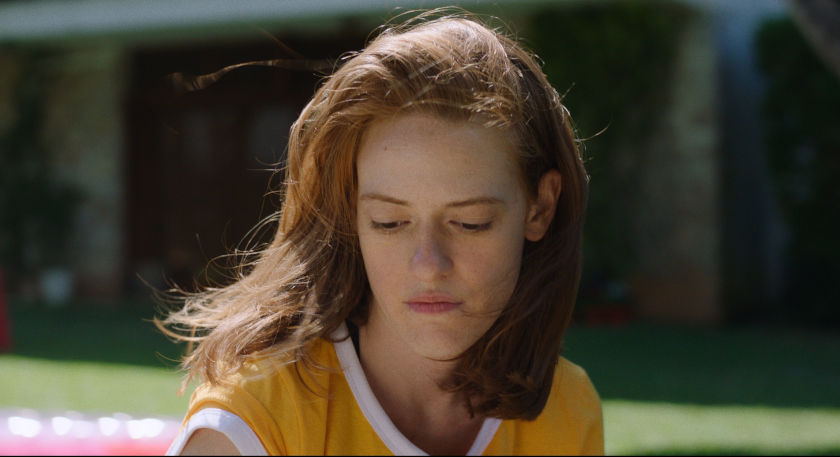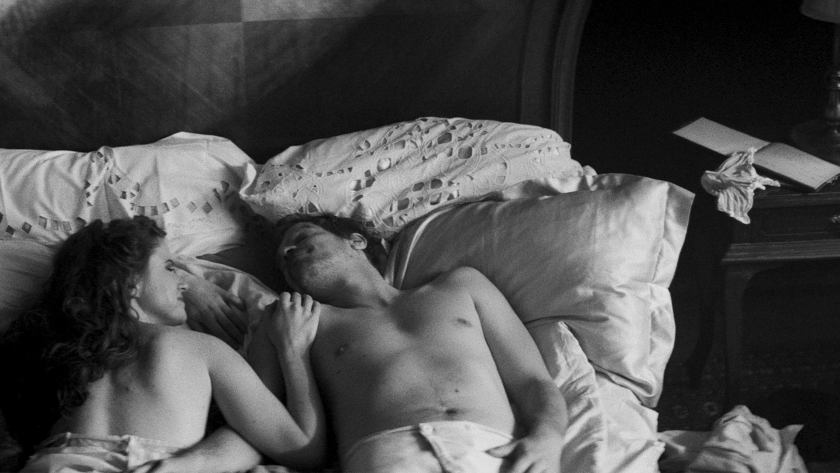Vassilis Kroustallis reviews the Italian feature The Legionnaire by Hleb Papou, premiered at Locarno Film Festival 2021.
About Us
Film Is A Fine Affair details the views and reviews of Vassilis Kroustallis, on independent cinema. Legally represented by Scheriaa Productions

